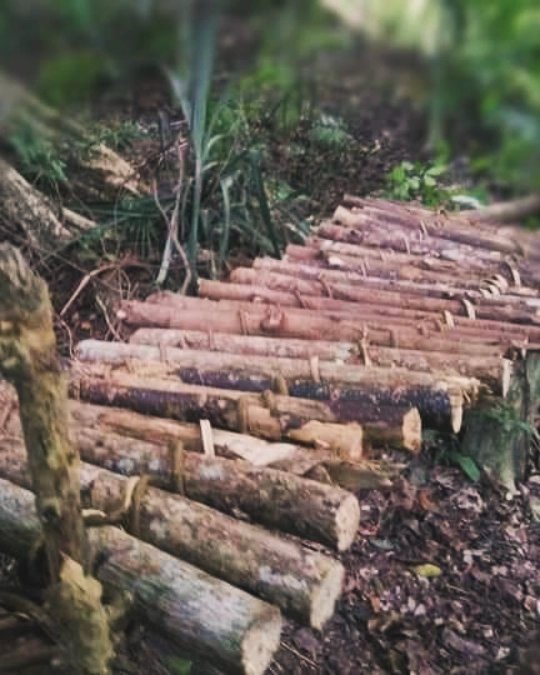Cordage is essential in wilderness survival situations. It is handy to have in a number of scenarios. It can be used to climb steep and difficult terrains, tie clothes, lashing a shelter, make fishing lines, trapping and more. Examples of cordage that are great to have on your pack are: 550 paracord, utility rope, nylon ropes, tubular ropes, and many other different types of cordage you can carry with you on your Bug out bag (BOB).
However, you cannot always guarantee cordage will be readily available when SHTF occurs, especially in situations or events where you least expect it to happen. In the absence of cordage or lashing material, there are a lot of alternatives in nature you can utilize to make life easier in the wild. From tree barks, leaf fibers, tree roots, grass, and weed.
Here in the Philippines most of our deep wilderness areas are covered with vines a.k.a. “Bagon” and “Baging” in vernacular language. But you must be very particular in choosing which vines can be used as substitute for cordage depending on how you intend to use it since not all vines are able to hold or sustain load and pressure. One of the most commonly used vines and are very abundant here belongs to the genus Phytocrene, also called water vines in English since you can harvest potable water from the mature and larger vines through cutting it.
These photos below is the same vine I used to demonstrate on how you can economically use it for lashing. Instead of utilizing the whole/unsplit vine to lash, you can actually split it to double the amount of length you can use for tying or lashing. To split a vine, you can simply use the tip of your knife to mark the center of where you want to split and run it through using your fingers. If one side appears to be slimmer than the other, bend more on the opposite side and vice versa. This will allow you to have an even split until you finish all the way through the entire material without breaking or snapping.


Article by: RP Outdoors & Bushcraft
